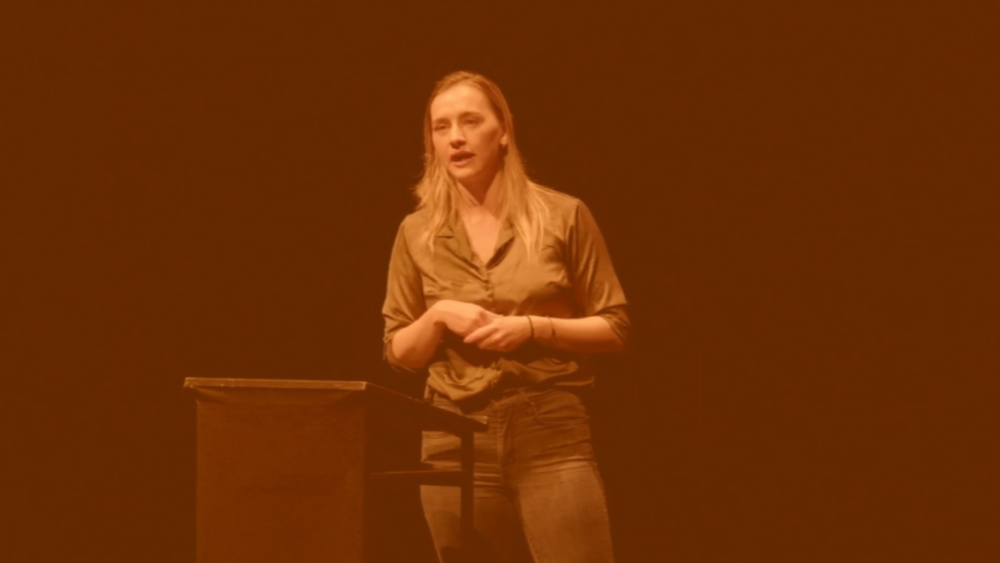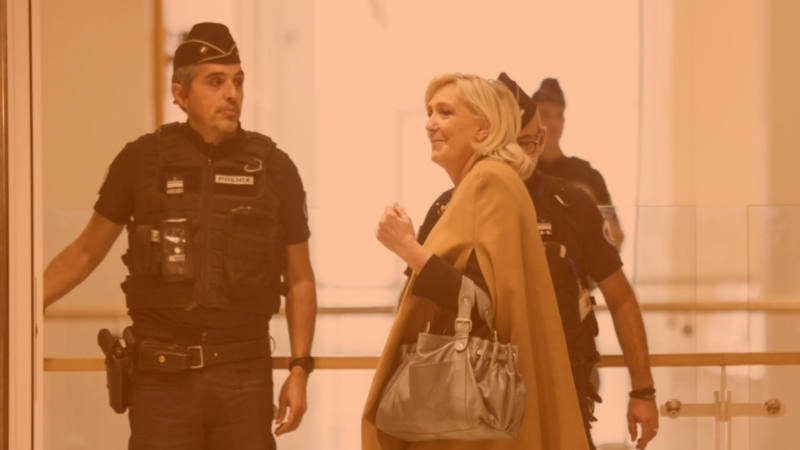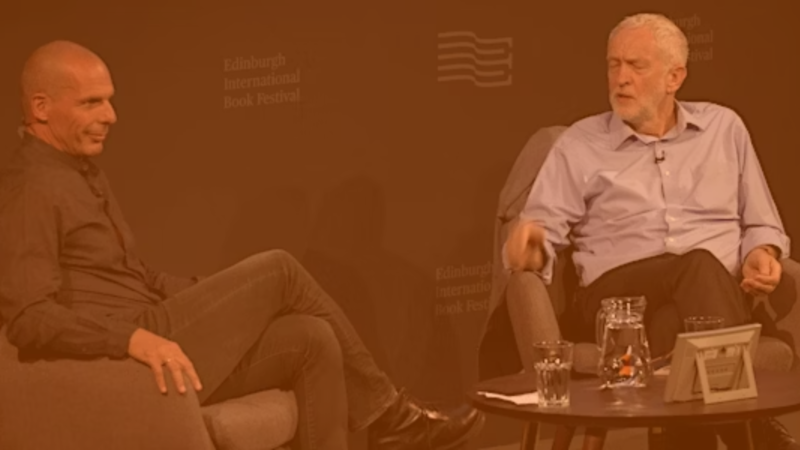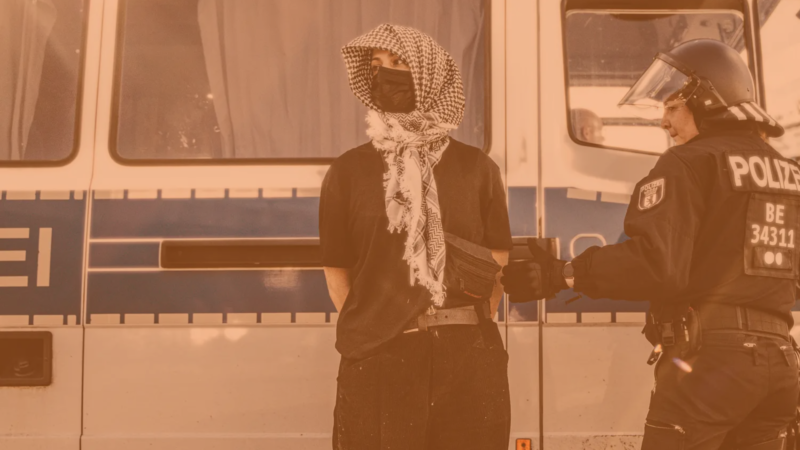At the recent DiEM25 event titled ‘WTF Happened to Europe’, Grace Blakeley delivered a thought-provoking speech that tackled the complex interplay between neoliberalism, capitalism, and the emerging war economy.
Blakeley’s discourse challenges the conventional narratives surrounding neoliberalism and unveils the underpinnings of capitalist structures that seek to augment the ruling class’s power. Here, we offer an exploration of her key points, interwoven with direct quotations from her compelling presentation.
The myth of neoliberalism’s demise
Blakeley begins by dismantling the idea that neoliberalism is fading. While some may celebrate the resurgence of state intervention, or “military Keynesianism,” as a deviation from neoliberal ideologies, Blakeley cautions against such optimism. “It’s literally the end of neoliberalism. That’s obviously not what I really think,” she declares.
Her argument is that the supposed retreat of neoliberalism is, in truth, a shift in tactics rather than ideology. The power dynamics between the state and capitalism remain fundamentally unchanged, with the state serving as a tool to maintain social order in favor of elite interests.
Power and control: The real drivers
Blakeley says that neoliberalism has never been about reducing the state’s role or liberating markets purely for freedom’s sake. Instead, these movements have served to consolidate the power of the ruling class. She asserts, “Neoliberalism was about crushing opposition, restoring order and hierarchy, and augmenting the power of the ruling class over everyone else.”
This perspective urges us to scrutinise the relationships between governments and multinational corporations such as Boeing and Airbus, which Blakeley suggests are characterised by monopolistic dominance and a blurring of public and private sector lines.
The war economy’s inequities
In Blakeley’s view, the transition towards a war economy exemplifies the shortcomings of capitalist systems. She critiques the inefficiency of military Keynesianism, arguing that resources are funneled into the military-industrial complex rather than social welfare or environmental efforts.
“The war economy…goes hand in hand with the extended and expanded crushing of the opposition,” Blakeley says. She warns that this economic model deeply intertwines corporate interests with state governance, compromising sovereignty and perpetuating systemic injustices.
Lessons from history and the contemporary landscape
Through her narrative, Blakeley draws parallels between historical figures like Henry Ford and contemporary corporate influencers like Elon Musk, emphasising how these actors operate within a framework of control and domination, rather than genuine free-market capitalism.
Reflecting on this pattern, she notes, “What I did write about in the book, is I think quite illuminating and shows that this isn’t actually as novel as you might think.”
Building a responsive left
Despite the grim analysis, Blakeley issues a powerful call for organising and rebuilding within the left. She advocates for connecting with communities to regain trust and inspire collective action – an antidote to the disempowering effects of neoliberalism and corporate control.
“The spirit of the left is anti-authoritarianism. It is about being established in a community, bringing people together and saying we can fight back and build something better,” she encourages.
Grace Blakeley’s insightful speech at the event presents a lucid critique of contemporary socio-economic structures, urging us to rethink and realign our strategies to confront entrenched power imbalances. Understanding the war economy’s implications and fostering grassroots empowerment could prove crucial in navigating the complexities of our times.
Do you want to be informed of DiEM25's actions? Sign up here















